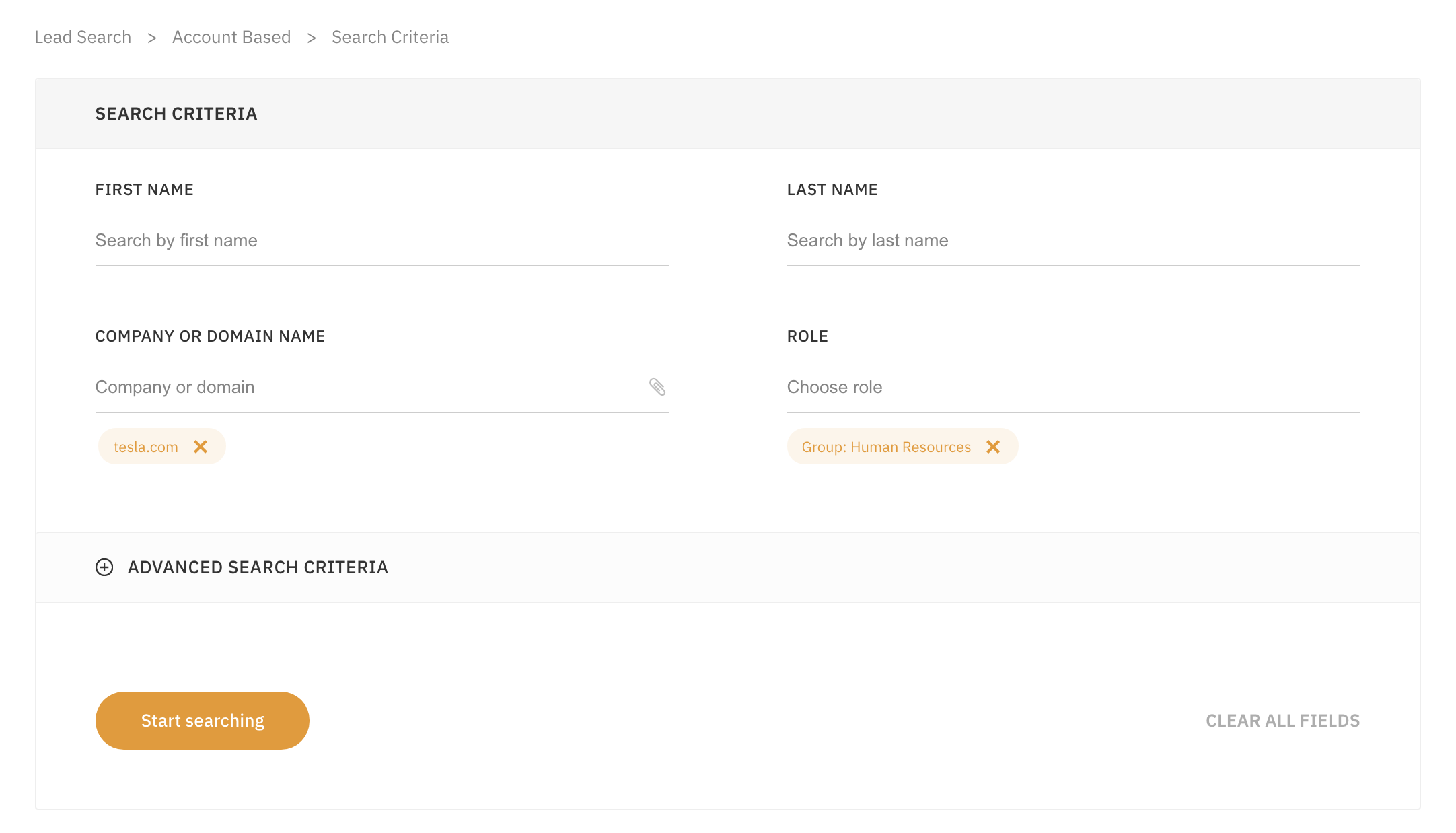Why do marketing agencies fail? This is a question that often plagues agency owners and leaders. Understanding the reasons behind this can help in devising effective strategies to overcome such challenges.
In this blog post, we will delve into various factors that contribute to why digital marketing agencies fail. We will discuss the importance of planning for client engagement end dates, investing in staff training and professional development, understanding clients’ problems rather than offering quick fixes, articulating unique selling proposition (USP), setting correct expectations through effective inbound strategies and leveraging elite communities for networking & learning best practices.
This comprehensive guide aims at providing insights into these issues with practical solutions that you can implement right away. So stay tuned as we unravel each factor contributing to why digital marketing agencies fail and how you can avoid them.
Table of Contents:
- The Importance of Planning for Client Engagement End Dates
- Investing in Staff Training and Professional Development
- Why Your Agency Needs a Unique Selling Proposition (USP)
- Setting Realistic Expectations with Effective Inbound Strategies
- Leverage Elite Communities for Networking and Learning Best Practices
- FAQs in Relation to Why Marketing Agencies Fail
- Conclusion
The Importance of Planning for Client Engagement End Dates
Don’t be like those marketing agencies that fail due to lack of planning for client engagement end dates. It’s important to be proactive and manage your relationships with clients effectively. Abrupt endings can lead to lost opportunities for further collaboration.
Effective Strategies for Managing Client Engagements
Building stronger client relationships is key. Regular communication, transparency, and appreciation are crucial elements. Set clear expectations from the start regarding project timelines and deliverables.
- Regular Communication: Keep clients updated on project status to build trust and show value.
- Transparency: Be open about what your agency can achieve within given timeframes. Communicate potential delays or issues promptly.
- Show Appreciation: A simple thank you note or gesture goes a long way in making clients feel appreciated.
The Impact of Poor Planning on Agency-Client Relationships
Poor planning affects an agency’s bottom line and reputation. Abrupt endings leave clients feeling frustrated and undervalued, potentially harming future business prospects. Discuss next steps well before contract expiration dates arrive to reinforce positive perceptions and build strong brand loyalty over time.
Investing in Staff Training and Professional Development
To stay competitive, investing in staff training and professional development is essential for marketing agencies. One common pitfall that leads many organizations into failure is a lack of investment in continuous staff training and professional development. In an industry characterized by rapid changes and evolving trends, failing to keep up can result in outdated practices which ultimately lead to unsatisfactory results.
Upskilling Your Team for Better Campaign Outcomes
Investing time and resources into upskilling your team ensures they’re equipped with the latest knowledge and skills for delivering top-notch services. This enhances their performance and contributes significantly towards better campaign outcomes. For instance, if your agency specializes in SEO, ensuring your team is well-versed with recent algorithm updates or new ranking factors can make all the difference between a successful campaign or one that falls flat.
After-Sales Services for Client Retention
Providing excellent marketing services is not enough. Focusing on after-sales service is crucial too. Regular check-ins and offering assistance with any issues faced post-delivery helps build long-term relationships leading to client retention – the secret sauce behind sustainable growth within highly competitive markets. Effective after-sales service could also help identify opportunities for upselling additional products/services based on individual needs identified during such interactions, thereby increasing revenues over time without necessarily having to acquire new customers constantly.
Investing wisely in staff training and professional development while focusing equally on delivering quality after-sales service forms two key pillars supporting success within today’s hyper-competitive marketing landscape dominated largely by players who understand the importance of maintaining strong relationships built around trust and mutual respect above everything else.
Why Your Agency Needs a Unique Selling Proposition (USP)
Don’t be a forgettable agency lost in a sea of competitors. A strong Unique Selling Proposition (USP) can help you stand out and attract new clients. Your agency’s USP is the thing that makes it different from the competition and gives you an edge.
What is a USP and Why is it Important?
Your USP is a clear statement that explains what makes your agency unique and why clients should choose you over others. It’s your elevator pitch, your differentiator, and your secret weapon. Without a strong USP, you risk blending in with the crowd and losing potential clients.
How to Develop an Effective USP
- Know Your Competitors: Analyze your competitors to identify gaps in the market where you can shine.
- Solve Specific Problems: Position yourself as an expert problem-solver for common issues that many businesses face.
- Showcase Your Expertise: Highlight what makes you special, whether it’s your innovative approach or renowned experts on staff.
Once you’ve developed your USP, make sure to communicate it consistently across all marketing channels. This includes social media, email newsletters, and client proposals. Remember, a compelling USP can mean the difference between survival and failure in this highly competitive market.
Setting Realistic Expectations with Effective Inbound Strategies
Marketing success hinges on setting realistic expectations. Effective inbound strategies attract potential clients and communicate what they can expect from your services.
Transparency is Key
During initial discussions with prospective clients, transparency is key. Clearly outlining expected outcomes and explaining how you plan to achieve them builds trust. Overpromising results could lead to disappointment and damage your reputation.
Best Practices for Onboarding New Clients
- Stay in Touch: Regular updates on project progress keep clients informed and engaged.
- Be Detailed: A comprehensive proposal sets clear expectations from the start.
- Use Data: Data analytics tools like LeadFuze demonstrate accountability and transparency.
- Assess Culture Fit: Understanding a client’s business culture leads to smoother collaborations and better customer experiences.
An effective inbound strategy isn’t just about attracting leads; it’s about nurturing relationships through honest communication and delivering promised results consistently over time. This approach leads to sustainable growth for both parties.
Remember, while technology changes rapidly, human emotions remain constant. Understanding client needs before proposing solutions is crucial for ensuring satisfaction and avoiding common pitfalls in this highly competitive market.
Leverage Elite Communities for Networking and Learning Best Practices
Surviving in the highly competitive market of digital marketing agencies requires learning from the best and adapting quickly. Enter elite communities like Forbes Agency Council.
The council provides a platform for agency owners and leaders to network with successful players, learn about industry trends, share ideas, and gain insights into best practices that can help them avoid common pitfalls. These interactions can provide crucial learning opportunities that could steer new entrants away from failure.
Benefits of Joining Elite Communities
- Access to thought leadership content: Members get access to articles, webinars, podcasts, and more – all designed to keep them updated with the latest developments in digital marketing.
- A chance for global recognition: The opportunity to contribute your own expert insights through guest posts or interviews can significantly boost your agency’s visibility globally.
- Mentorship opportunities: Engaging with experienced professionals opens up avenues for mentorship which can be instrumental in navigating challenges faced by most marketing agencies.
Being part of these communities reinforces credibility among clients and peers. It sends out a clear message: you’re serious about what you do; you’re committed towards staying ahead of the curve; and above all else – you value quality service delivery above everything else.
To make the most out of these memberships requires active participation. So ask questions during webinars; engage actively within discussion forums; seek advice when needed but also don’t hesitate sharing your own experiences too because remember – everyone has something valuable they bring onto the table irrespective of how big or small their business might currently be.
The world today operates largely upon principles derived from shared knowledge economies where success isn’t just defined by one’s individual achievements alone but instead gets measured based upon contributions made towards overall growth benefiting entire ecosystems at large.
Joining elite communities like Forbes Agency Council can help marketing agencies learn from successful players, access thought leadership content, and gain mentorship opportunities. Active participation is key to making the most out of these memberships and reinforcing credibility among clients and peers. Success in today’s shared knowledge economies requires contributions towards overall growth benefiting entire ecosystems at large.
FAQs in Relation to Why Marketing Agencies Fail
“`html
Most marketing agencies fail due to lack of planning, poor client engagement strategies, inadequate staff training, and inability to articulate a unique selling proposition – Forbes provides more insights.
Digital marketing agencies often fail because they don’t understand their clients’ problems fully, offer quick fixes instead of sustainable solutions, and have ineffective inbound strategies – Business 2 Community explains further.
Marketing agencies face challenges such as stiff competition, rapidly changing technology trends, attracting skilled talent, and managing client expectations effectively – HubSpot blog discusses these in detail.
The success rate of marketing agencies varies widely based on factors like expertise level, market understanding, and effective use of resources – Clutch provides a detailed report.
“`
Conclusion
Marketing agencies fail because they don’t plan, train, understand clients’ problems, articulate unique selling propositions (USPs), or set correct expectations.
Managing client engagements and regular staff upskilling are key to better campaign outcomes.
Explain problem-solving approaches instead of technical details and develop effective USPs based on real-world examples.
Transparency during initial discussions and learning best practices from successful players can help overcome challenges faced by marketing agencies.
Forbes confirms that lack of planning, training, and understanding clients’ problems are common reasons for marketing agency failure.
Need Help Automating Your Sales Prospecting Process?
LeadFuze gives you all the data you need to find ideal leads, including full contact information.
Go through a variety of filters to zero in on the leads you want to reach. This is crazy specific, but you could find all the people that match the following:
- A company in the Financial Services or Banking industry
- Who have more than 10 employees
- That spend money on Adwords
- Who use Hubspot
- Who currently have job openings for marketing help
- With the role of HR Manager
- That has only been in this role for less than 1 year
Or Find Specific Accounts or Leads
LeadFuze allows you to find contact information for specific individuals or even find contact information for all employees at a company. 
You can even upload an entire list of companies and find everyone within specific departments at those companies. Check out LeadFuze to see how you can automate your lead generation.
Want to help contribute to future articles? Have data-backed and tactical advice to share? I’d love to hear from you!
We have over 60,000 monthly readers that would love to see it! Contact us and let's discuss your ideas!
